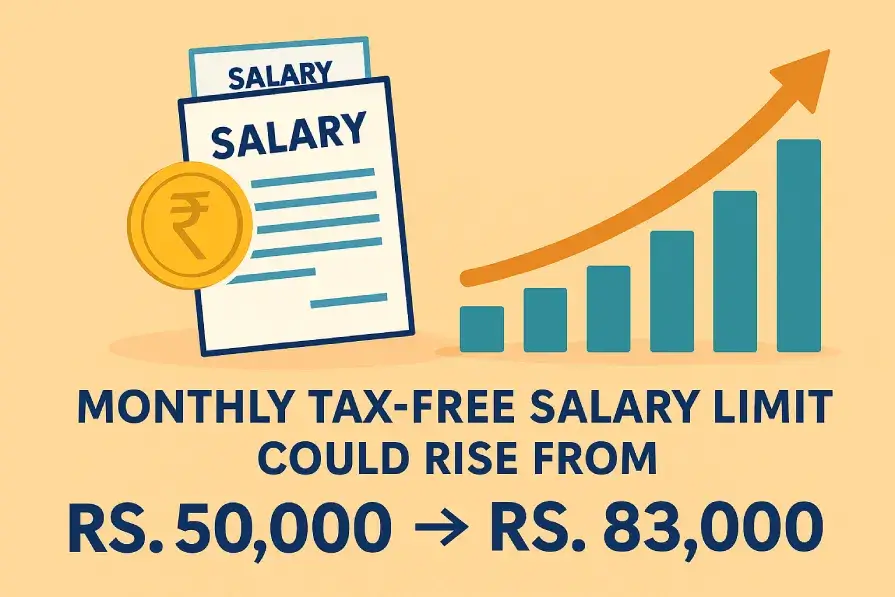Mark Zuckerberg Says Instagram Was Bought for Its Better Camera in Antitrust Trial

CEO Mark Zuckerberg appeared in a prominent U.S. antitrust trial where he showed that Facebook acquired Instagram mostly because of its stronger camera functions. The Federal Trade Commission (FTC) opposes the legitimacy of Meta’s Instagram and WhatsApp acquisition because it wants to evaluate if the tech giant purchased these companies to stop future market competition.
Instagram’s Camera Advantage
When Zuckerberg testified, he mentioned that Instagram provided a superior camera experience than what Facebook offered at the time of its acquisition in 2012. High-quality picture taking capabilities built into Instagram’s interface generated fast user expansion while attracting mostly younger users to the platform.
Zuckerberg explained that Meta conducted an evaluation to decide between internal development and external acquisition when they wanted new technologies. The combination of its increasing user base with high levels of user involvement and excellent visual attributes made Instagram stand out as the preferred acquisition option.
The FTC’s Competition Concerns
The Federal Trade Commission believes that Meta adopted its Instagram and WhatsApp acquisitions to eliminate potential opponents instead of pursuing technological development. The regulatory authorities maintain that Meta stripped consumers of choices while obstructing technological evolution in social media by purchasing competing companies.
The U.S. regulatory drive to limit Big Tech power includes this particular case which aims to stop companies from using mergers and acquisitions for eliminating competitive businesses. Stronger antitrust enforcement and stricter merger review procedures would develop after the court decides in favor of the FTC during this legal proceeding.
Zuckerberg’s Defense Strategy
The Facebook CEO stated that the purchase of Instagram focused on product worth rather than market competition elimination. Through his remarks he confirmed Facebook had launched numerous times to create new applications yet those initiatives did not succeed. The ease of use and quick user acceptance for Instagram prompted Facebook to consider this platform as its main bet for development.
The capabilities that Instagram provided surpassed what Facebook had while satisfying three crucial aspects which Facebook did not possess. Internet users considered Instagram the forefront of online photo sharing during that period and Facebook seized the chance to add this functionality to its platform.
The Build vs. Buy Dilemma
When companies operate in the tech industry they follow a “build vs. buy” strategy which involves developing technologies internally yet it also involves acquiring startups that demonstrate success. The speed of innovation increases through mergers and acquisitions but their implementation also reduces competitive options throughout the market.
Zuckerberg’s comments reflect this trade-off. According to Zuckerberg the development of Instagram at its current level would demand considerable time and financial investment. The Instagram acquisition gave Facebook both existing user popularity and advanced camera technology functions instantly.
Innovation vs. Market Control
The FTC’s challenge raises an essential question about whether purchasing successful startups facilitates innovation or dashes it. Mergers between companies may create products that are enhanced and bring additional features and accelerate development times. Mergers function to reduce user flexibility while allowing handfuls of technology corporations to control increased amounts of power.
People evaluate the Instagram acquisition based on this new perspective. If Instagram had not merged with Facebook it could have become a stronger rival to Facebook leading to better competition in social media industry.
The Role of WhatsApp and Future Growth
This session analyzed Instagram but the case includes a second major meta acquisition of WhatsApp that faces regulatory review. Facebook encountered challenges in communication leadership because WhatsApp users numbered in the millions with encrypted messaging features.
Meta gained major control over the worldwide communication and content-sharing practices of billions of users following its acquisition of Instagram and WhatsApp. According to regulators the acquisition agreements might constrain technological developments that should occur across the tech industry.
Regulatory Implications
This trial’s resolution will create effects that spread nationwide. Such a ruling by the FTC will provide new standards to split dominant tech companies and potentially require changes to previous acquisition deals. The trial outcome might motivate legislators to draft new legislation designed for digital marketplace competition.
Future acquisitions in Silicon Valley need to expect thorough examination due to this case outcome. Companies seeking exit strategies from startups and venture capitalists need to plan changes because regulatory obstacles might rise in frequency.
Meta’s Long-Term Strategy
Meta keeps expanding its business operations away from basic social media platforms. The organization dedicates immense financial resources to virtual reality and augmented reality development along with metaverse advancement. The current regulatory fights at Meta result from its previous mergers long after changing its main direction.
During his congressional appearance Zuckerberg revealed that Meta focuses its efforts on uniting people through enhanced interaction technology although he recognized strategic mergers provided the initial foundation for the company’s development. Zuckerberg described the Instagram acquisition as a planned risk which produced valuable new products for users.
Conclusion
During his U.S. antitrust testimony Mark Zuckerberg explained the reasons that led Meta to acquire Instagram. He claimed his purchase of Instagram because of its superior technology features with an improved camera yet regulators believe it stems from a series of moves to eradicate competitors.
One possible result of this case will reshape the evaluation process which defines tech industry mergers and acquisitions. This case forces us to question three fundamental aspects that define innovation and competition together with consumer choices in the digital era. In the ongoing trial all major stakeholders from the industry and user base vigilantly observe because they recognize how Big Tech’s current growth structure might be at risk.









